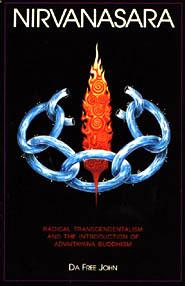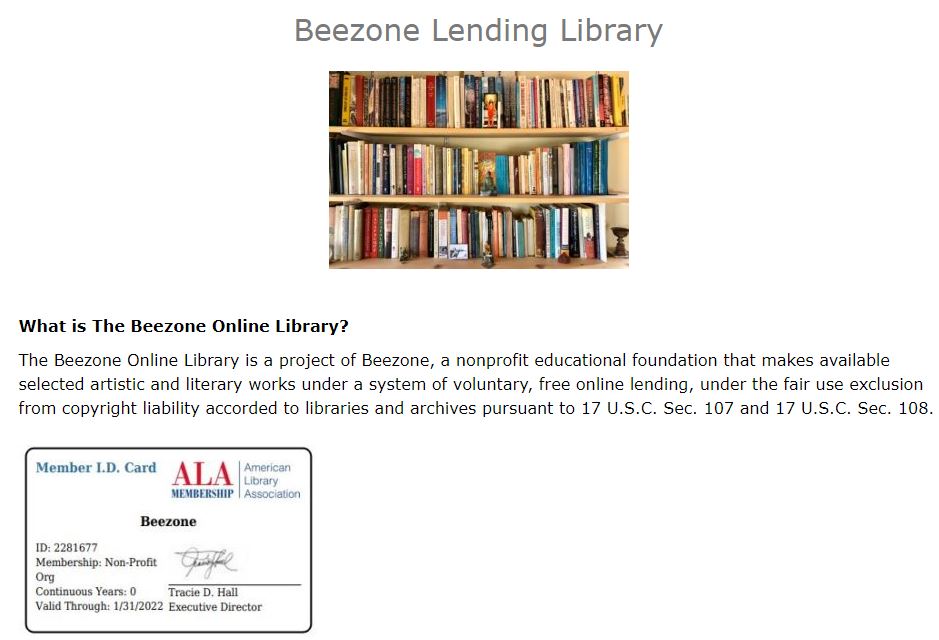
Radical
Transcendentalism and the Introduction of Advaitayana
Buddhism
Da Free John (Adi Da Samraj) – 1982
Table
of Contents
V
Pain, Independence, and the
Discovery of Consciousness
Manifest existence is association
with the force of conditionality. The inherent circumstance
of manifest existence is change, temporariness, limitation,
struggle with opposites, search for happiness, motivation
toward release, and attachment to what is neither ultimate
nor necessary.
As a consequence of all of this, the
manifest being tends toward bewilderment, stress, obsessive
craving, frustration, anger, sorrow, fear, depression,
disease, pain, unhappiness, inertia, and death.
In the midst of all of this, the
mind tends to develop the psychology of the problem.
Manifest existence tends to be conceived as a problem to be
overcome. And thus the language of religious or spiritual
consideration tends to be associated with this
problem-consciousness, and religious or spiritual practice
tends, therefore, to develop as a strategy for overcoming
and ultimately eliminating pain, suffering, change, and even
manifest existence itself.
We must understand and transcend
this tendency to become grounded in the
problem-consciousness of ordinary egoity. The proper or real
consideration in the midst of manifest existence is not
involved in this reaction to conditional experience.
Enlightenment is not the elimination of phenomenal
experience. Rather, Enlightenment is the intuition of the
Transcendental Condition of the phenomenal self and its
objects and states. And that intuition is not predicated on
the ascetical or yogic elimination of conditional states.
Rather, it is inherent in the direct and most profound or
radical understanding of the entire process of attention in
relation to the self, its psycho-physical states, and its
objects (or the not-self).
In the traditions of Transcendental
Enlightenment, conditional existence is considered in terms
of one or the other of its two fundamental characteristics.
It is considered either in terms of its negative
experiential impact (as pain, limitation, or suffering) or
in terms of its status in relation to Reality. In the
Buddhist tradition, conditional existence is named
“samsara,” and in the tradition of Advaitism conditional
existence is named “maya.” In both traditions, this leading
conception is treated both as suffering and as a process to
be understood in Reality. It is a characteristic of the
beginner’s (and particularly the sixth stage) consciousness
in these traditions to consider manifest existence in
negative terms and to make that consideration into the
motivating principle of religious or spiritual practice. But
it is characteristic of the advanced, spiritually mature,
and, especially, the Enlightened consciousness of those same
traditions to stand aside from the conventional egoic
reactions to the manifest difficulties of life and to
consider manifest existence simply and entirely as a process
to be understood in the Context of Reality (or the
Transcendental Condition of conditions).
For further reading go to:
